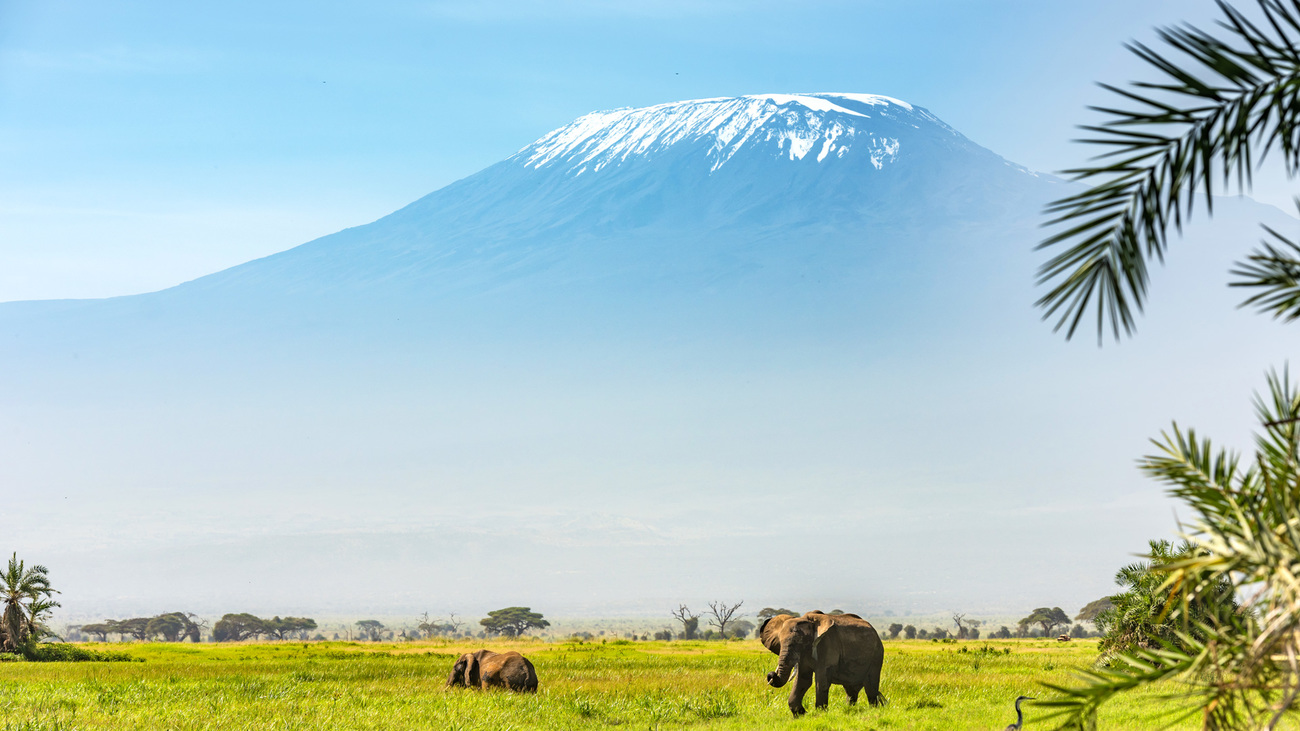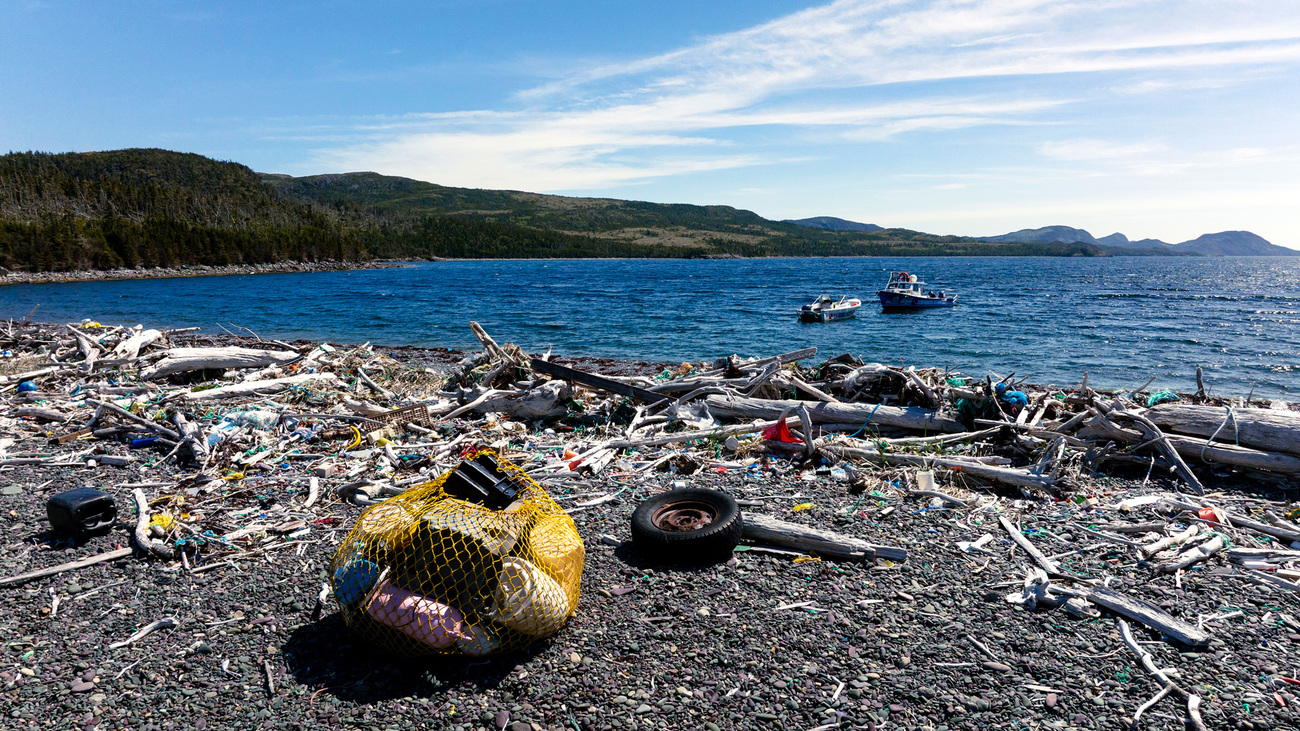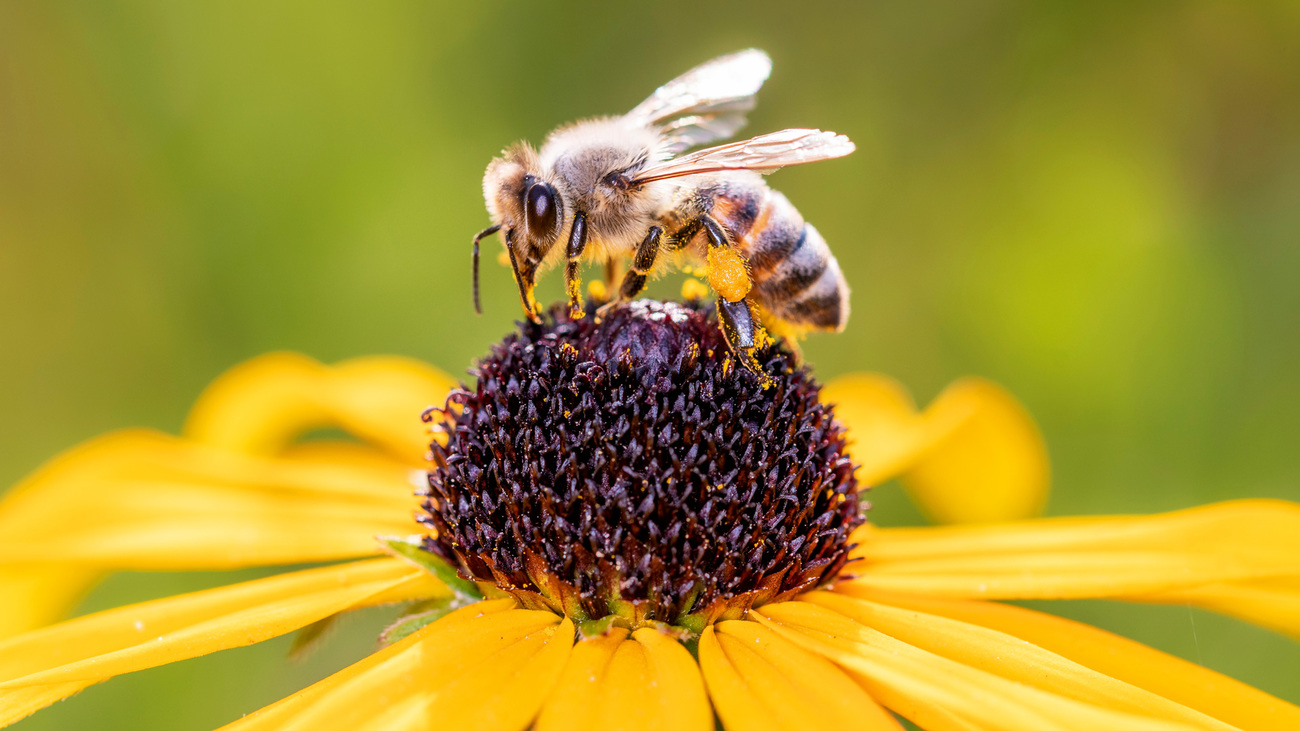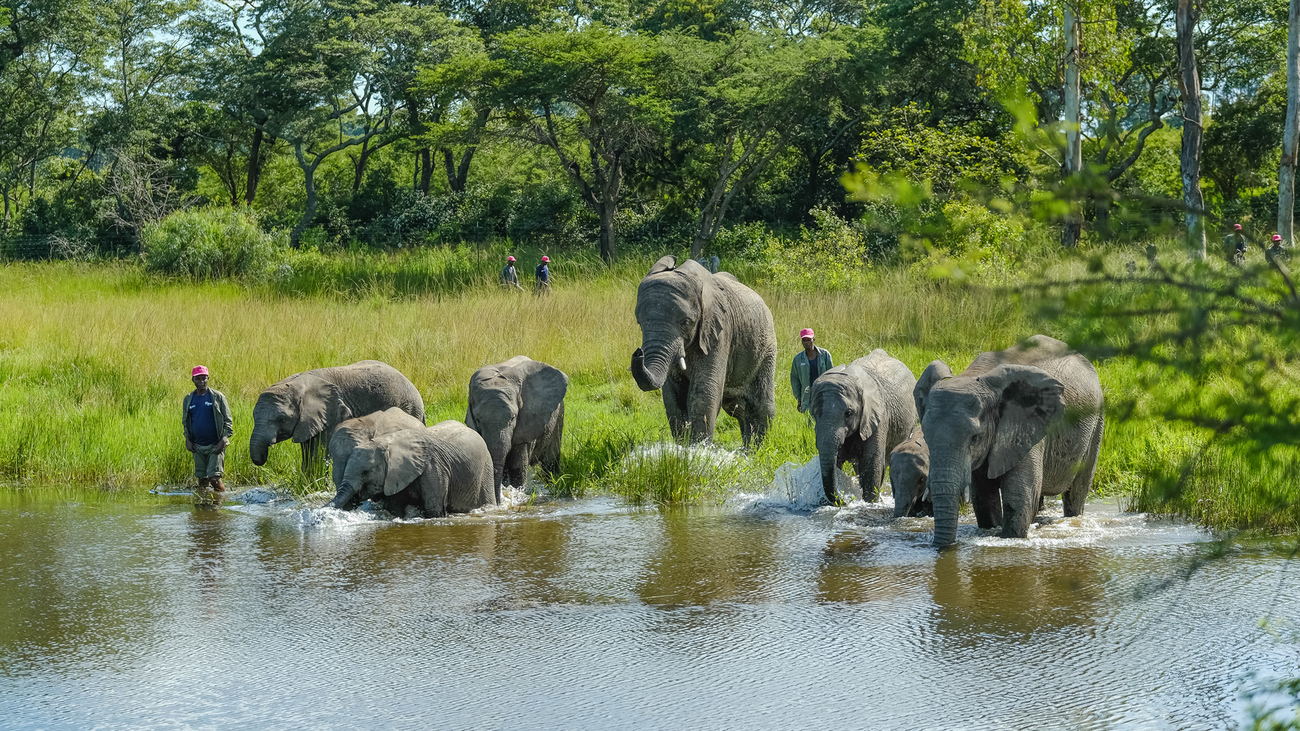Blog
What is Earth Day?
Read moreHow to help fight climate change: Small steps you can take to save the planet
Climate change is one of the most pressing issues of our time, threatening far-reaching impacts on our planet, wildlife, and communities. As individuals, it can sometimes feel overwhelming to address such a vast challenge.
But we all play a role in our planet’s health—every small action we take in our daily lives can make a significant difference in the fight against climate change. By making conscious choices, we can reduce our carbon footprint, conserve natural resources, and help preserve the environment for future generations and for wildlife.

This article explores practical steps you can integrate into your daily routine to combat climate change, demonstrating that even small changes can lead to big results. We begin with some small, simple changes you can make in your everyday life, and then we explore some larger lifestyle shifts that can help reduce emissions and make your habits more sustainable.
IFAW is an international organisation dedicated to landscape and marine conservation, wildlife rescue, animal welfare, and combatting climate change through nature-based solutions. Learn more about how we are working to mitigate climate change and bolster the resilience of wildlife, landscape, and communities.
With that, here are 20 ways you can help combat climate change today, this year, and in the long term.
Let’s start with some little things you can do each day to help the planet—no heavy lifting or major life changes required.
Heating water accounts for a large portion of the energy used for laundry. By switching to washing in cold water only, you can decrease your carbon footprint by reducing the energy demand. Additionally, washing your clothing in cold water can help them last longer and prevents colours from bleeding.
While tumble dryers are common in some countries, people hang their clothes to air dry in many places around the world.
Clothes dryers are among the most energy-intensive appliances in the home. Whether you install a clothesline outside or buy a folding drying rack, you’ll greatly reduce your household’s carbon footprint—and your energy bill.
Reducing the number of cars on the road is a small sacrifice that each of us can make to mitigate the effects of climate change. Fewer cars mean decreased fossil fuel consumption and reduced air pollution, contributing to improved public health and a healthier planet.
It may take a little getting used to, but if you live in a well-connected area, there are many benefits to using public transport. It’s often cheaper than paying for gas or parking, and you can beat the morning traffic. If you’re able to, walking or biking is also a great way to save money and get some exercise without going to the gym.
With the soaring cost of living we’re currently experiencing, shopping second-hand is just as good for your wallet as it is for the planet. Check out local thrift shops, online marketplaces, flea markets, or locally organised swap meets.
By shopping second-hand, you support a circular economy where goods are reused and recycled, lowering the overall carbon footprint associated with production and disposal.

Producing and disposing of plastic requires significant energy and releases harmful emissions. Reusable straws, coffee cups, water bottles, and cutlery are all easy things to carry around that will reduce your plastic usage.
When you’re shopping, look for plastic-free packaging—like soap bars instead of body wash or glass jars of condiments that you can wash and reuse. In addition, bringing your own reusable shopping bags to the store can help reduce the consumption of single-use plastic bags. It’s a small act that can significantly decrease the amount of plastic waste ending up in landfills and the ocean.
The production of meat, particularly beef and lamb, is resource-intensive and generates high levels of greenhouse gases.
Even if you don’t choose to eat a completely vegan or vegetarian diet, incorporating a greater proportion of plant-based food into your diet and limiting your meat consumption is a great way to lower your impact on our planet. Plant-based foods generally require fewer resources and generate fewer greenhouse gas emissions than animal-based foods.
When food is wasted, all the energy, water, and resources used to produce, transport, and store it are also wasted. By effectively managing your leftovers, you ensure that food is used to its full potential, decreasing the amount of waste that ends up in landfills, where it decomposes and produces methane, a potent greenhouse gas.
There are lots of great ways to prepare leftovers other than just heating them up in the microwave. You can find recipes that involve using leftovers alongside fresh ingredients to help bring new life to your meals.
To avoid the problem in the first place, you can also work to be mindful while cooking and buying groceries, ensuring that you don’t buy or prepare more food than you need.
Many electronic devices consume energy even when turned off, a phenomenon known as ‘phantom load’ or ‘vampire power’. Unplugging devices when they are not in use or using power strips to turn off multiple devices at once can reduce unnecessary energy consumption.
Reducing your water usage wherever possible is important for preserving freshwater sources. Conserving water helps reduce the energy required to pump, heat, and treat water, and it will help you save money on your water bill.
Simple actions like taking shorter showers, fixing leaks, turning off the sink while you brush your teeth, and installing water-saving fixtures can make a significant difference. If you can, using a rain barrel to collect rainwater for garden use is a great way to conserve water.
The following are larger-scale changes. They won’t have too much of an impact on your daily routine, but they are habits and practices that enable you to make a big impact over time.
LED bulbs use at least 75% less energy than traditional incandescent bulbs and last much longer, reducing how frequently you’ll have to replace them. Switching to LEDs will save you money in the long run.
Next time you need to buy a new appliance, like a fridge, washing machine, or dishwasher, look for options that are marked as energy efficient. These use less electricity and water, lowering utility bills and reducing greenhouse gas emissions overall.
There are quite a few changes you can make around the house to ensure your home is more energy efficient. Both replacing oil or gas furnaces with electric heat pumps and reducing your heating and air conditioning use can dramatically lower your carbon footprint.
It’s also important to ensure your home is properly insulated, especially if you live in a climate that fluctuates between extreme heat and cold throughout the year. Proper insulation keeps your home warmer in winter and cooler in summer, reducing the need for heating and cooling. By minimising your reliance on heating and air conditioning, you decrease the amount of energy your household uses—saving money and helping the planet.
Composting your leftover food helps reduce the amount of organic waste that ends up in landfills. When organic matter decomposes, it produces methane, a potent greenhouse gas. By composting, you convert food scraps into nutrient-rich soil, which can be used to enrich gardens and landscapes.
You can easily compost in your backyard or see if any community gardens in your area are set up to accept food scraps. Some local councils and towns even collect food waste alongside regular kerbside rubbish collection.

If you’re keen to spruce up your garden, don’t just reach for the prettiest plants you can find. Take the time to research species native to your area—or chat with a worker at your local garden centre for some pointers. Native plants are well-adapted to local conditions and require less water, fertiliser, and maintenance than non-native species. They also support local wildlife, including important pollinators.
It’s also good to avoid mowing your lawn wherever possible and let your yard or garden become a home for insects and native animals. This helps create a more balanced ecosystem and a healthier planet. Additionally, avoiding insecticides and other chemicals helps protect local wildlife and promotes biodiversity.
Clean-up events help remove litter and pollutants from public spaces, waterways, and natural areas, preventing them from causing harm to wildlife and ecosystems. These activities also raise awareness about the importance of keeping our environment clean and encourage sustainable practices.
By participating in or leading such initiatives, you contribute to a cleaner, healthier community and inspire others to act against environmental degradation. Consider joining a clean-up with friends or family as a rewarding and energising start to your weekend activities.
Switching to a renewable energy provider or installing solar panels on your home can greatly reduce your carbon footprint. If this isn’t feasible, consider supporting community renewable energy projects or purchasing renewable energy credits.
IFAW is dedicated to creating a future where animals, people, and the planet can thrive. Here are some ways you can help us accomplish our goals.
One of the most impactful ways you can help IFAW is by spreading awareness. Share this article with your friends and family to help amplify our message and educate more people about the urgent need to protect our planet and its inhabitants.
By being vocal about your passions and what you believe in, you inspire others to take action and support our mission to safeguard wildlife and their habitats from the devastating effects of climate change.
Connecting with IFAW on social media is an easy yet powerful way to support our efforts. By following our accounts, you stay informed about our latest initiatives, success stories, and opportunities to get involved.
Social media platforms also make it easy for you to share our content with your network, further extending the reach of our campaigns.
You can follow us on, Instagram, Facebook, Twitter (X), and TikTok.
Signing and sharing IFAW’s petitions is a direct way to advocate for policy changes and conservation efforts. Addressing critical issues affecting animals and their habitats, our petitions call on governments around the world to take action.
By lending your voice, you help drive the momentum needed to implement effective climate policies and conservation strategies in your own country.
Be sure to share these petitions with your friends and family after signing them to help spread the word about these important issues.

Educating yourself about issues impacting animals and the broader effects of climate change is essential for informed advocacy. Our website and publications provide detailed information on how climate change affects animals, ecosystems, and human communities.
By understanding these connections, you become a more effective advocate for climate action and can better support our mission through informed discussions and decision-making.
We can’t do any of this without the support of passionate people like you.
Financial contributions are vital for IFAW to continue and expand our climate change mitigation efforts. Donations fund crucial projects such as the restoration of degraded landscapes, wildlife rescue in the wake of disasters, and advocacy for stronger environmental policies.
By donating, you directly support our mission to protect animals and their habitats from the impacts of climate change, helping us achieve lasting change for the planet.
Every problem has a solution, every solution needs support.
The problems we face are urgent, complicated, and resistant to change. Real solutions demand creativity, hard work and involvement from people like you.
Unfortunately, the browser you use is outdated and does not allow you to display the site correctly. Please install any of the modern browsers, for example:
Google Chrome Firefox Safari